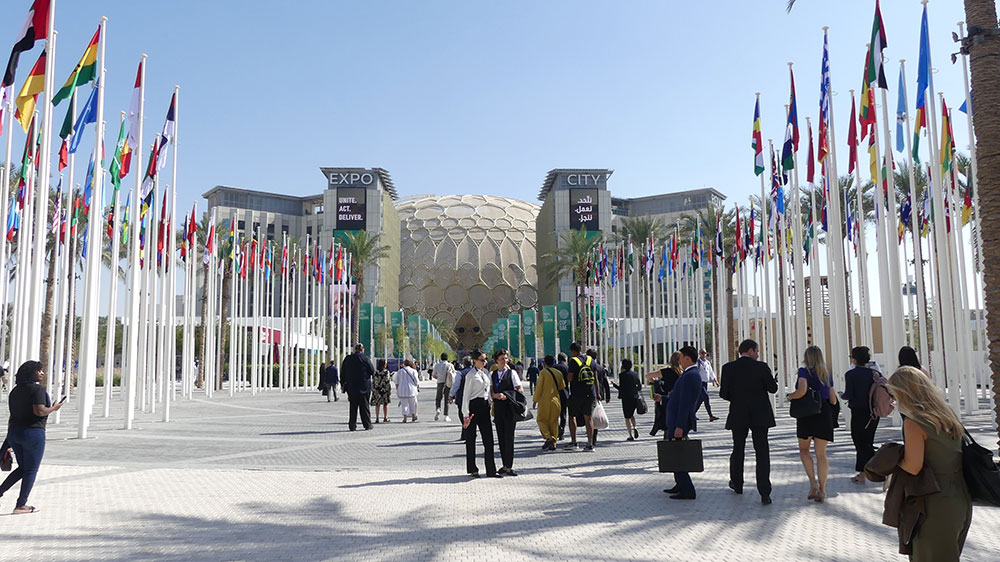YK Poudel
In the pursuit of addressing climate change, a crucial target stands prominently—a 43 percent reduction in greenhouse gas emissions by 2030, aiming to cap global warming at 1.5°C.
The recent 28th Conference of Parties (COP28) saw discussions revolving around Article 6 of the Paris Agreement where Bhutan actively participates, a key component to achieve this goal.
The Intergovernmental Panel on Climate Change (IPCC) and leading climate scientists emphasise the necessity of this reduction to avert the severe impacts of climate change.
However, a report from the UN Climate Change highlights a disparity between this target and current commitments in national climate plans.
These plans, if not revised, could lead to a 9 percent increase in emissions by 2030 compared to 2010 levels.
A pressing concern arises regarding the ability of developing and least-developed countries to make ambitious climate pledges under the Paris Agreement.
Many lack the means and resources required for a comprehensive shift toward a low-emission future.
In such circumstances, the Paris Agreement plays a pivotal role by facilitating international cooperation to combat climate change and mobilising financial support for developing nations.
Article 6 introduces three essential tools: Article 6.2 allows countries to exchange mitigation outcomes bilaterally and incorporate them into their nationally determined contributions (NDCs), Article 6.4 establishes a UNFCCC mechanism for validating, verifying, and issuing high-quality carbon credits, and Article 6.8 provides opportunities for countries to collaborate in achieving their NDCs without relying on carbon markets.
The cornerstone of these efforts is the UN’s new high-integrity carbon crediting mechanism, uniquely positioned under Article 6.4 to enhance climate ambition and implement national action plans more affordable.
At COP28, Article 6.2 was under discussion, focusing on technical elements that enable countries to exchange carbon credits and other units directly through bilateral agreements.
The emphasis was on authorising Internationally Transferred Mitigation Outcomes (ITMOs) and establishing an international registry, considering its interaction with the Article 6.4 registry.
Article 6.4 aims to operationalise a new international carbon crediting mechanism, and recommendations and guidance on methodologies and greenhouse gas removals under this mechanism are currently being considered by the Parties to the Paris Agreement in Dubai.
Upon adoption of the guidance, new methodologies can be submitted under the Article 6.4 mechanism. Parties are also examining recommended guidance for greenhouse gas removals, with a focus on providing additional guidance for the Supervisory Body to develop detailed standards and tools for the mechanism’s operationalisation.
Article 6.8, post-COP27, is now in full implementation, with parties awaiting the full document outlining the outcomes of the discussions.


